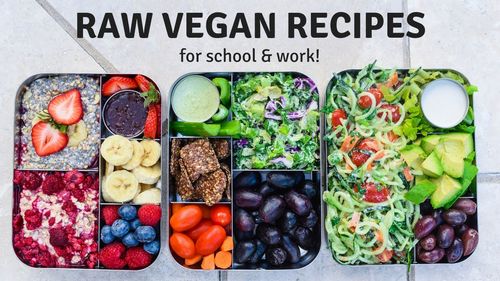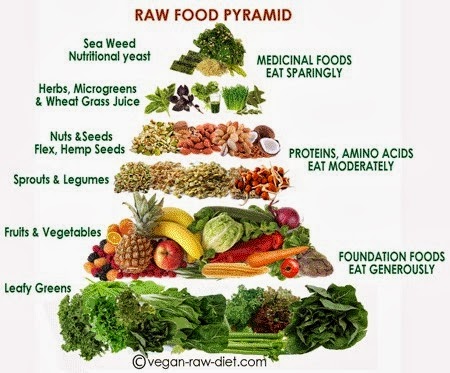
Raw Veganism is basically a diet which combines the ideas of raw food and veganism. It excludes all processed foods and other food items of animal origin and also all food that has been cooked to high temperatures; even those cooked in very low temperature, like bread, rice and pasta. The vegetarian diet is also known as raw food, or raw vegan, as it is based on organic foods, and avoids eating foods such as meat, eggs, milk and cheese, and other products that are processed.
Vegans or vegetarians are often perceived as being boring and restrictive. The fact is that raw vegan diets are very healthy because they are low on calories and high in nutrients. There is no need to cut out certain foods from your diet, but you can still have some healthy snacks like nuts, fruit, vegetables and whole grains.
A raw vegan diet is low on saturated fats, cholesterol and sodium. It is very important to eat lots of fresh fruits and vegetables every day, which contain a lot of protein, as well as a good mix of carbohydrates and fiber. It also helps you feel full for longer, rather than having food cravings in between meals. You won’t feel hungry as long as you have plenty of nutritious foods to chew on.
The basic idea behind the raw vegan diet is that all of our food should be organically grown and made without any unnatural processing. This means that all the ingredients, including the fruit, nuts and vegetables, must be completely unprocessed. The reason for this is that all these things contain lots of micro-organisms that are beneficial to our health, including bacteria that fight against harmful micro-organisms, vitamins and minerals, and enzymes.
The raw vegan diet is easy to follow, as it includes only fruits and vegetables as the main ingredient and also includes little to no dairy or eggs. You can use raw meat and fish, if you wish, but don’t overdo it – you can also include eggs and cheese, but not too much of either, as both will add excess fat to the diet.
The raw vegan diet does have some limitations. For example, it doesn’t contain many refined sugars, as they have been stripped from the fruits and vegetables that are eaten.
In terms of vitamins, the raw vegan diet does not contain as much vitamin C, D and calcium as the regular vegan diet, which are essential to maintain good health. Also, if you’re allergic to wheat products, you might want to check with your doctor before starting the raw vegan diet.

Wheat can be very difficult to digest if you have celiac disease, so you should be sure that the raw diet is suitable for you before taking it.
So what is the difference between the raw vegan diet and the regular vegan diet? Well, for starters, there’s the obvious lack of meat, eggs and dairy products. Another thing to think about is that the raw diet consists of more fiber than most vegetarians’ diets, meaning that you get more nutrients per calorie than you would from a standard diet. So in other words, you’ll find that you burn off calories quicker and don’t have to wait so long between meals.
Some people say that the raw vegan diet will make you weak. I haven’t tested this theory, but you can always take a raw vegan diet quiz to find out if it’s true or not.
There are also many who swear by the raw vegan diet as a weight loss aid. There is still no solid evidence to support this claim, but I wouldn’t rule it out entirely: you may find that losing a few pounds after you stop eating meat and milk helps you lose weight, too.
My advice to you is to give the raw vegan diet a try for at least a week – at the very least, as you’ll soon see how easy and effective it is. You’ll probably want to stick with it a few months, until you have developed an eating habit that you enjoy, and will stick to!